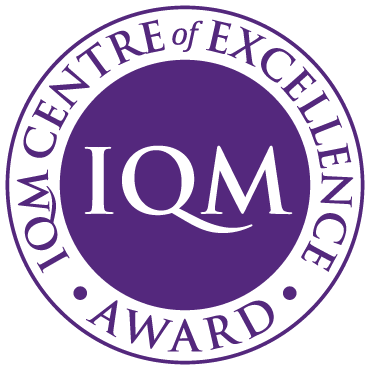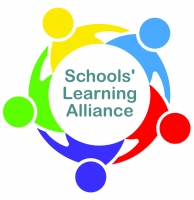Geography
At Lambs Lane, we believe that geography is fundamental to helping our children understand and know about the world in which they live: their place within it, the places near and far, its diversity, the key physical and human processes and the impact of these on each other and the Earth.
The geography curriculum at Lambs Lane is organised into four areas (the investigation of places; investigation of patterns; geographical communication; investigation of interactions). Lessons are taught fortnightly for one afternoon per week and are interleaved alongside history, with which there is a strong cross-curricular element. Concepts taught include migration, settlements and climate. Geographical knowledge and skills are developed progressively from EYFS to upper key stage 2 and continuously revisited throughout the year. Children are encouraged to ask questions, notice patterns and the reasons and impacts of these, analyse data and draw conclusions.
Our geography curriculum also intends to transfer cultural capital - the background knowledge and experiences of the world, which enable us to be considerate members of society - to all children, through offering opportunities to gain knowledge of customs and traditions in other cultures as well as exploring their own national culture. At Lambs Lane, we also encourage our children to make links between their local geography of Spencers Wood and Reading and that of other areas, both in the UK and globally.
Outcomes in the children’s creative curriculum books, alongside the class scrapbook, evidence the geographical knowledge and skills that have been taught. Learning walks and discussions with the children help to identify good practice, what the children know and any areas for improvement in the planning and delivery of the geography curriculum. There are a wide range of resources available for teachers to draw upon, including online technologies. Assemblies and trips offer additional opportunities to explore the world in greater depth: in Year 4, an assembly was presented looking at ‘Skiing in France: a blight or a blessing’; Year 2’s trip to Brighton enabled them to investigate first hand where the land meets the sea. Ultimately, we aim to inspire, in our children, a curiosity and fascination about the world and its inhabitants and an appreciation of places, cultures and societies beyond their own experience and thus foster a growing awareness of their impact on the world in which they live.


